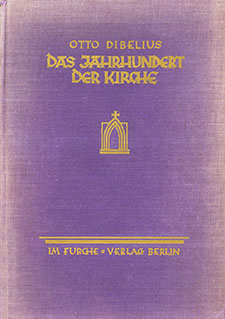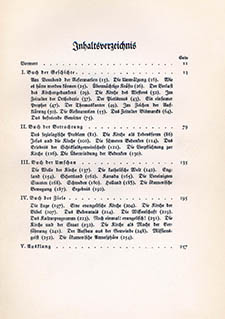The Church’s New Sense of Identity
In 1926, Otto Dibelius, general superintendent of the Kurmark, published a programmatic book entitled “Das Jahrhundert der Kirche” (The Century of the Church). The book was highly regarded and went through six editions in two years.
In it, Dibelius criticized the November revolution and the accompanying collapse of the Christian state. Nonetheless, he also pointed out the opportunities provided the Protestant church after 1919, once it had divested itself of the territorial church episcopate and was able to make its own decisions.
As a people’s church focused on its evangelizing and diaconal essence, it ought to provide people a “home”. As the moral guardian in a non-religious state, it ought to “be present in the nation’s life as a force of social and national reconciliation.” (241) Dibelius also placed great hope in the ecumenical movement.
Source / title
- © Evangelische Arbeitsgemeinschaft für Kirchliche Zeitgeschichte München, KK 19.4800


